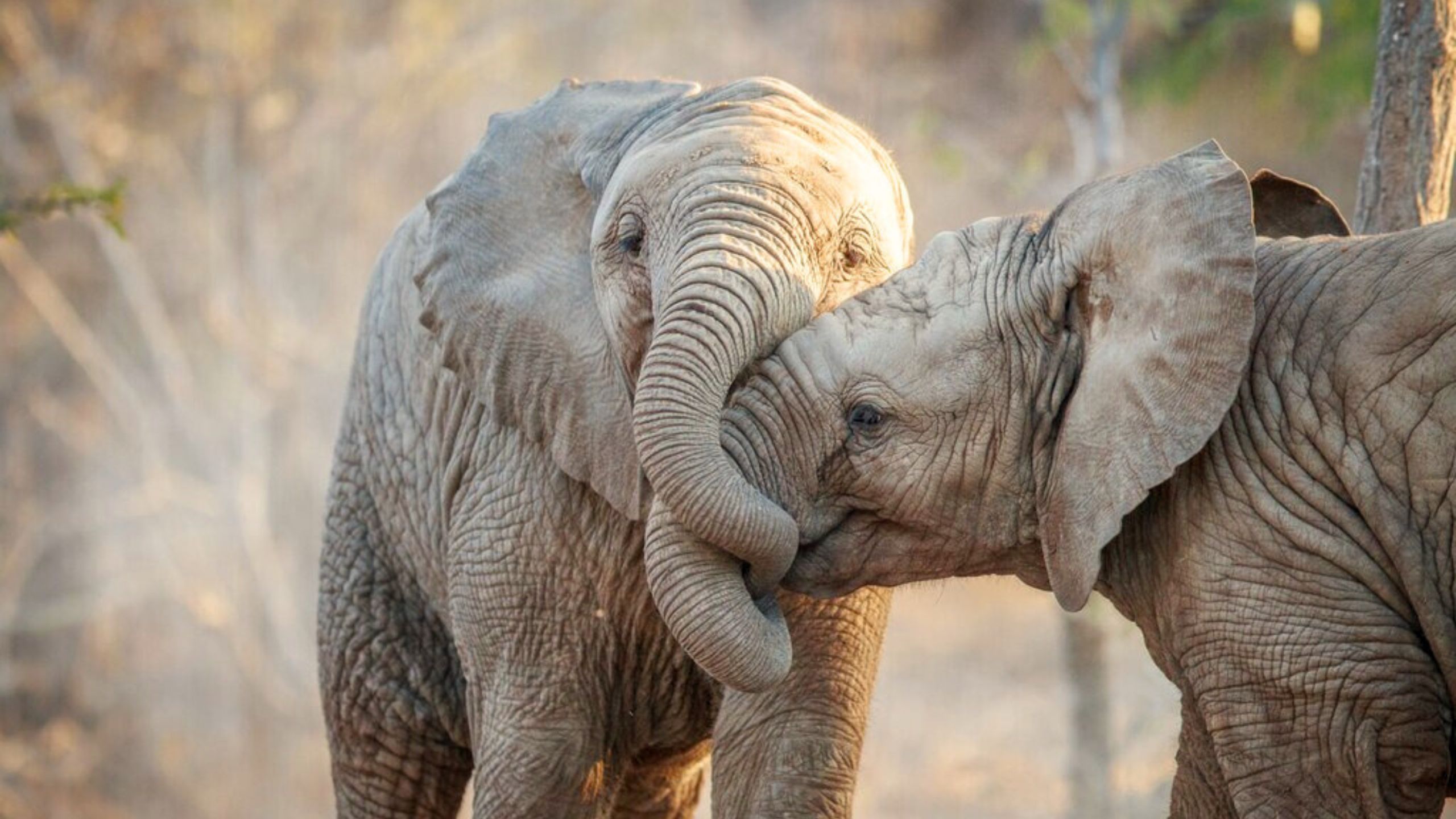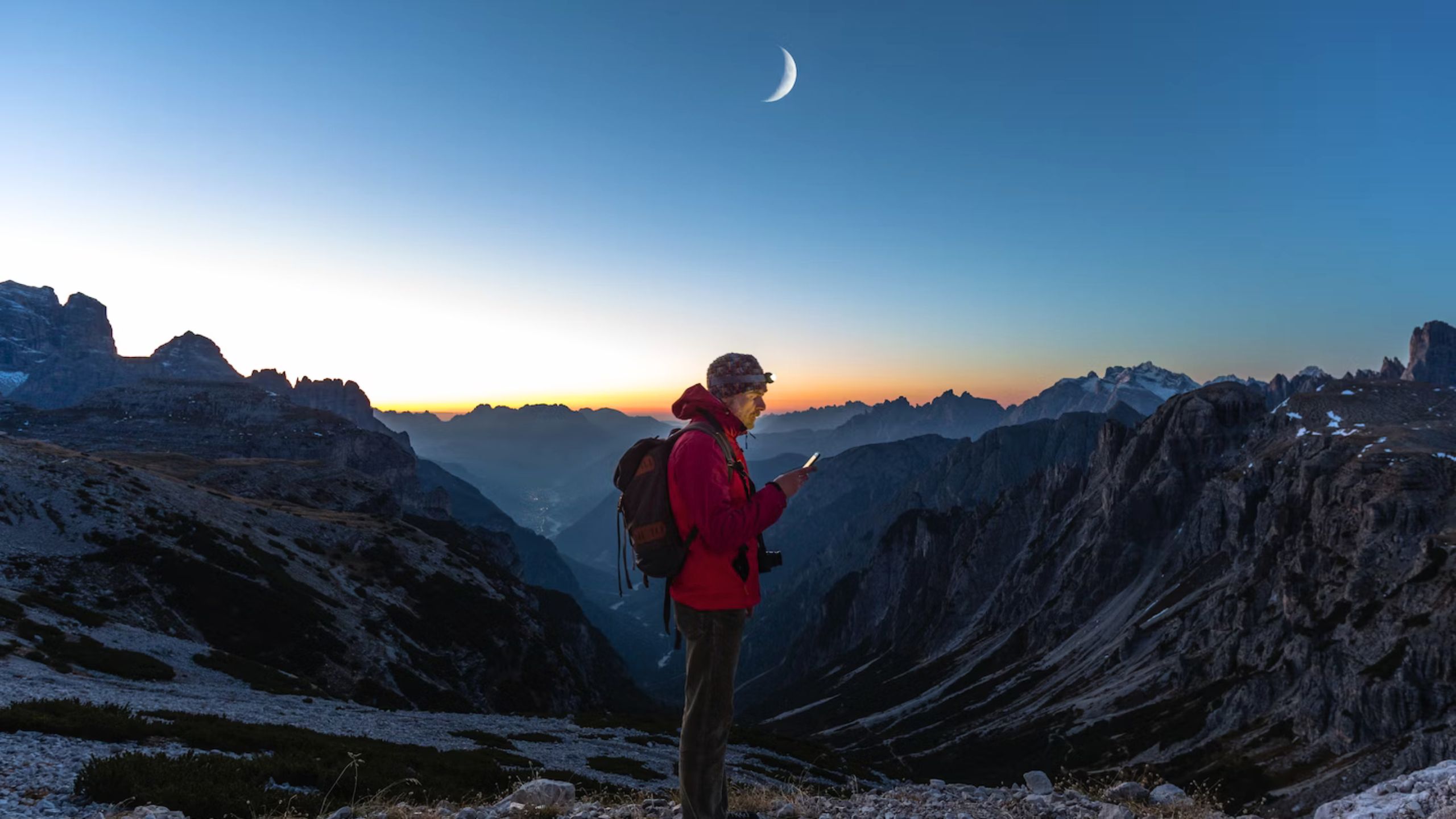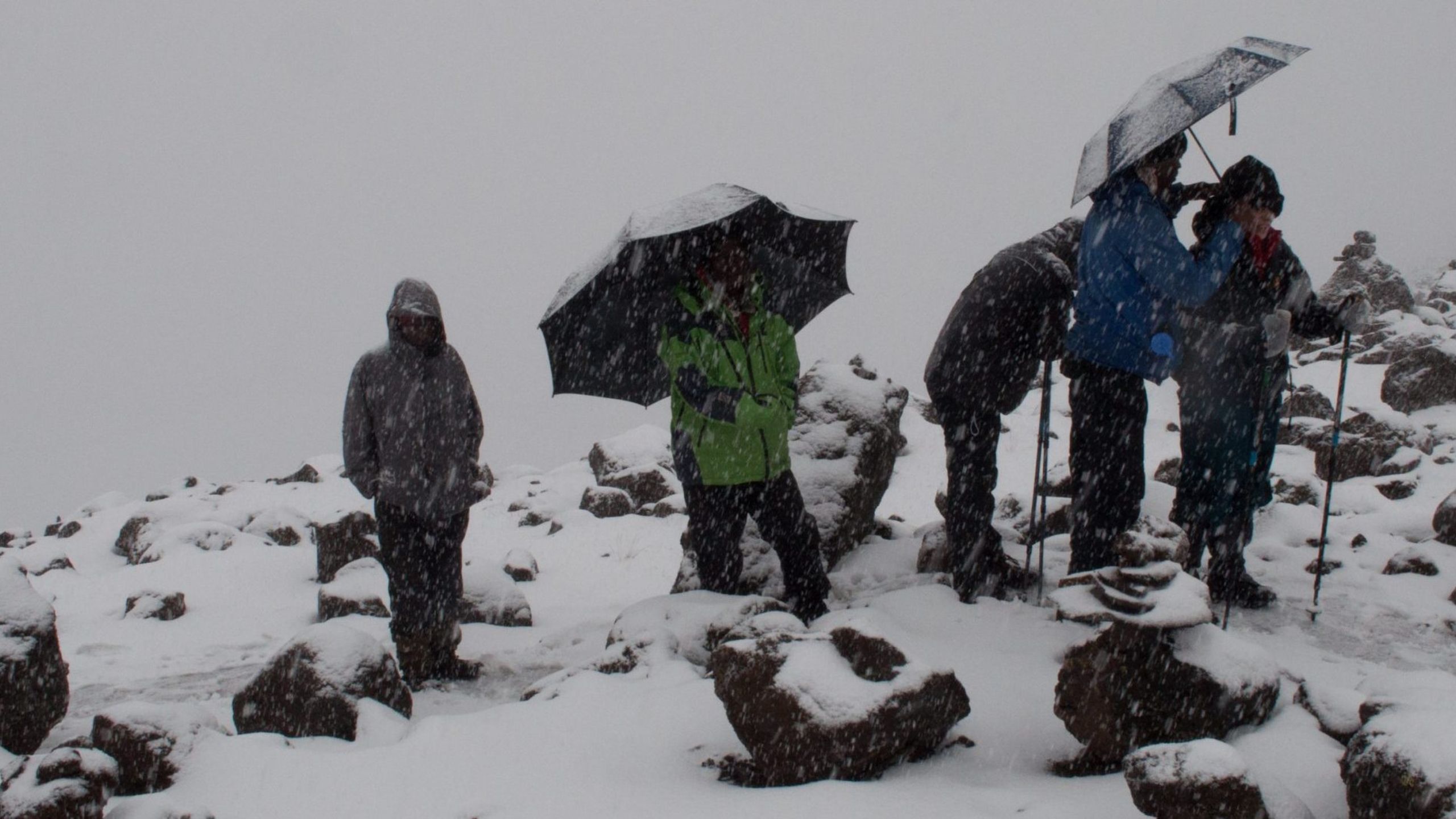Most of South Africa Facts landscape is made up of high, flat areas called plateaus. We’re off to a place bursting with wonderful wildlife, rich culture and mind-blowing history! Check out our fascinating facts about South Africa…
Facts about South Africa
OFFICIAL NAME: Republic of South Africa
FORM OF GOVERNMENT: Republic
CAPITALS: Pretoria (administrative), Cape Town (legislative), Bloemfontein (judicial)
POPULATION: 55, 489, 975
OFFICIAL LANGUAGES: Afrikans, English, IsiNdebele, IsiXhosa, IsiZulu, Northern Sotho, Sesotho, Setswana, SiSwati, Tshivenda, Xitsonga
MONEY: Rand
AREA: 1,219,089 square kilometres
MAJOR MOUNTAIN RANGES: Drakensberg
MAJOR RIVERS: Limpopo, Orange
South African Flag
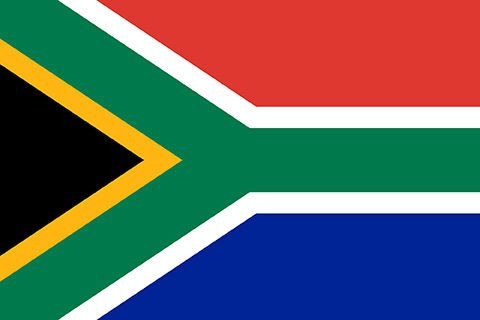
Map of South Africa
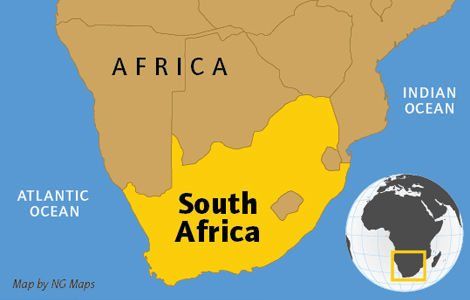
South Africa’s geography and landscape
South Africa Facts : Most of South Africa’s landscape is made up of high, flat areas called plateaus. These lands are covered with rolling grasslands, called highveld, and tree-dotted plains, called bushveld.
To the east, south and west of the plateau lands is a mountainous region called the Great Escarpment. The eastern range, called the Drakensberg or Dragon’s Mountain, is filled with jagged peaks, some reaching more than 3,475 meters high!
It might sound strange, but did you know South Africa has another country within its borders? Nestled in the Drakensberg is the mountainous kingdom of Lesotho. Much of South Africa’s water comes from the snow-capped peaks of this tiny, landlocked nation. Also known as the “Kingdom of the Sky“, Lesotho is the only country in the world to lie entirely over 1,000m above sea level.
South Africa’s wildlife and nature
From aardvarks to zebras, South Africa is bursting with wonderful wildlife! Although the country only makes up about one percent of the Earth’s land surface, it’s home to almost ten percent of the world’s known bird, fish and plant species, and about six percent of its mammal and reptile species.
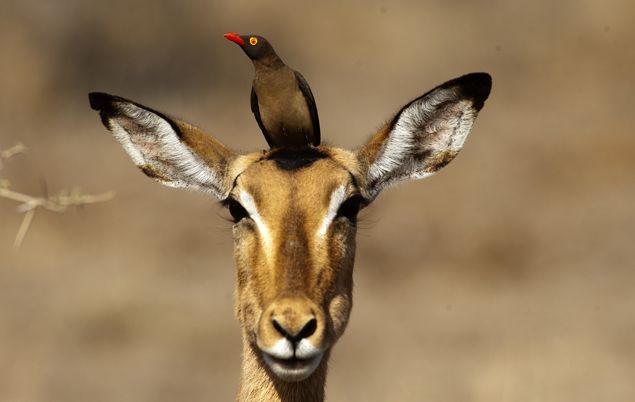
The seas around South Africa are also full of incredible creatures in fact, around 2,000 marine species visit South African waters at some point during the year. What’s more, this magnificent country gets to enjoy one of nature’s most spectacular underwater events, the “sardine run“! Every June, millions of sardines travel up the east coast, creating a phenomenal feeding frenzy for thousands of hungry sharks, dolphins and birds!
South Africa works hard to preserve its wildlife. There are dozens of protected land and marine areas, including the famous Kruger National Park in the north, as well as nearly 9,000 privately-owned game reserves throughout the country. Nevertheless, many of South Africa’s animals are threatened by illegal hunting and habitat loss, and dozens of species are in danger of extinction including the black rhinoceros, the cheetah and the African wild dog.
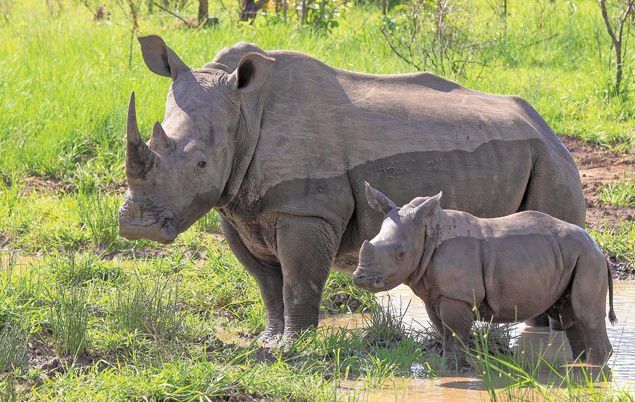
History of South Africa
South Africa Facts : In northern South Africa near Johannesburg lies a cave formation called the Sterkfontein. Within these caves, archaeologists have uncovered some of the earliest human fossils ever found some are more than two million years old! The fascinating find earned the region the nickname “Cradle of Humankind“.
About 24,000 years ago, tribes of hunter-gatherers known as the San, or Bushmen, began moving into South Africa. To this day, many San still live around the Kalahari Desert in the northwest, much as their ancestors did.
In the 1400s, European ships heading to the Far East began stopping on the South African coast for supplies. In 1652, the Netherlands established the southern city of Cape Town, and Dutch farmers, called Boers, began settling in the areas around the city.
In 1806, wars in Europe left the British in control of the Cape Town colony. In 1910, the British united four colonies in the region and created South Africa. They established laws that separated whites from black South Africans, a practice of segregation called apartheid, which led to decades of conflict.
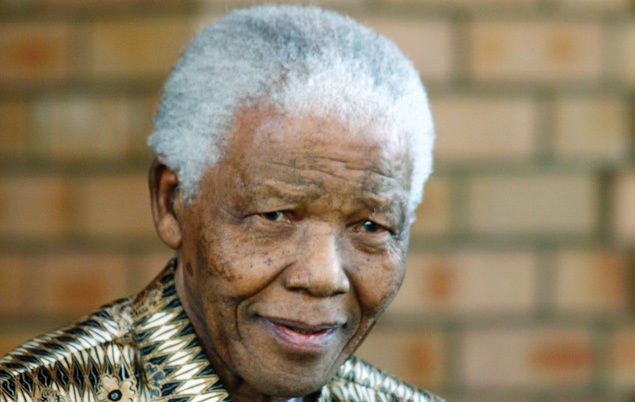
In 1963, Nelson Mandela, the head of the anti-apartheid African National Congress, was given a life sentence in jail for “terrorist” activities. In 1990, after 27 years behind bars, Mandela was freed by President F.W. de Klerk, and in 1994, he was elected president of South Africa. That same year, apartheid was officially abolished.
South African people and culture
South Africa Facts : Many different peoples make up South Africa, each with their own language and history. The country has 11 official languages, and many more unofficial languages. This colourful mix of cultures gives South Africa its nickname “rainbow nation“.
South Africans are passionate about music, often using song and dance to express social and political ideas. They’re also known worldwide for their skill in sports, including rugby, cricket, golf and soccer. In 2010, South Africa became the first African nation to host the World Cup. Goal!
South African people and culture
South Africa Facts : Many different peoples make up South Africa, each with their own language and history. The country has 11 official languages, and many more unofficial languages. This colourful mix of cultures gives South Africa its nickname “rainbow nation“.
South Africans are passionate about music, often using song and dance to express social and political ideas. They’re also known worldwide for their skill in sports, including rugby, cricket, golf and soccer. In 2010, South Africa became the first African nation to host the World Cup. Goal!
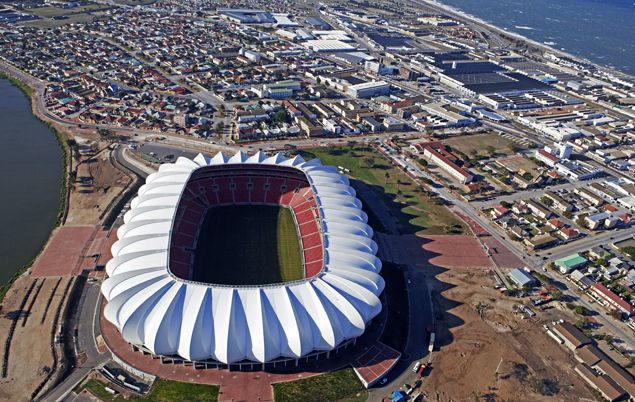
Thank You For Reading South Africa Facts

